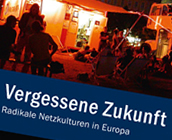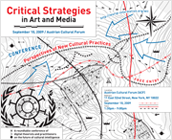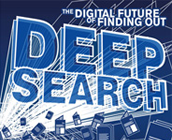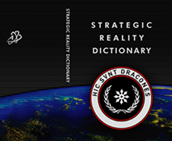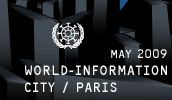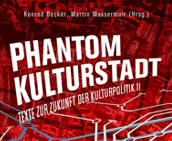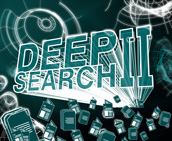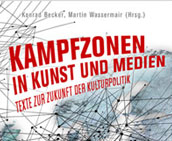Democratizing Search
Bernhard Rieder
In the shift from a situation of information scarcity to one of sometimes overpowering abundance, the Internet clearly is the emblematic technology. As we move existing practices online and invent new forms of creation and interaction, data piles up at an always quicker pace. Most of the information we produce is messy and unorganized and the Internet itself does not provide any comprehensive features for cataloging and ordered storage. By analyzing data and its context, search technologies provide a structured view on the burgeoning chaos online and companies like Google have turned the task of filtering, evaluating and ranking information into a profitable business. Using popularity as the core measure for importance, commercial services have the tendency to direct attention to the dominant voices on the Internet, relegating alternative perspectives to the shadow zone reserved for the vast majority of sites, which rarely appear at a relevant place on a search result list. This has rightfully lead to strong criticism and the growing concern that the open spaces of the online world could be rendered invisible by corporate oligopoly. In this presentation we will therefore examine some of the strategies that have been proposed over the last years, which aim at (re)introducing a measure of plurality and inclusiveness into the search market. We will argue that such attempts can only succeed if political support, technological feasibility and economic viability can be combined in a satisfactory fashion.

